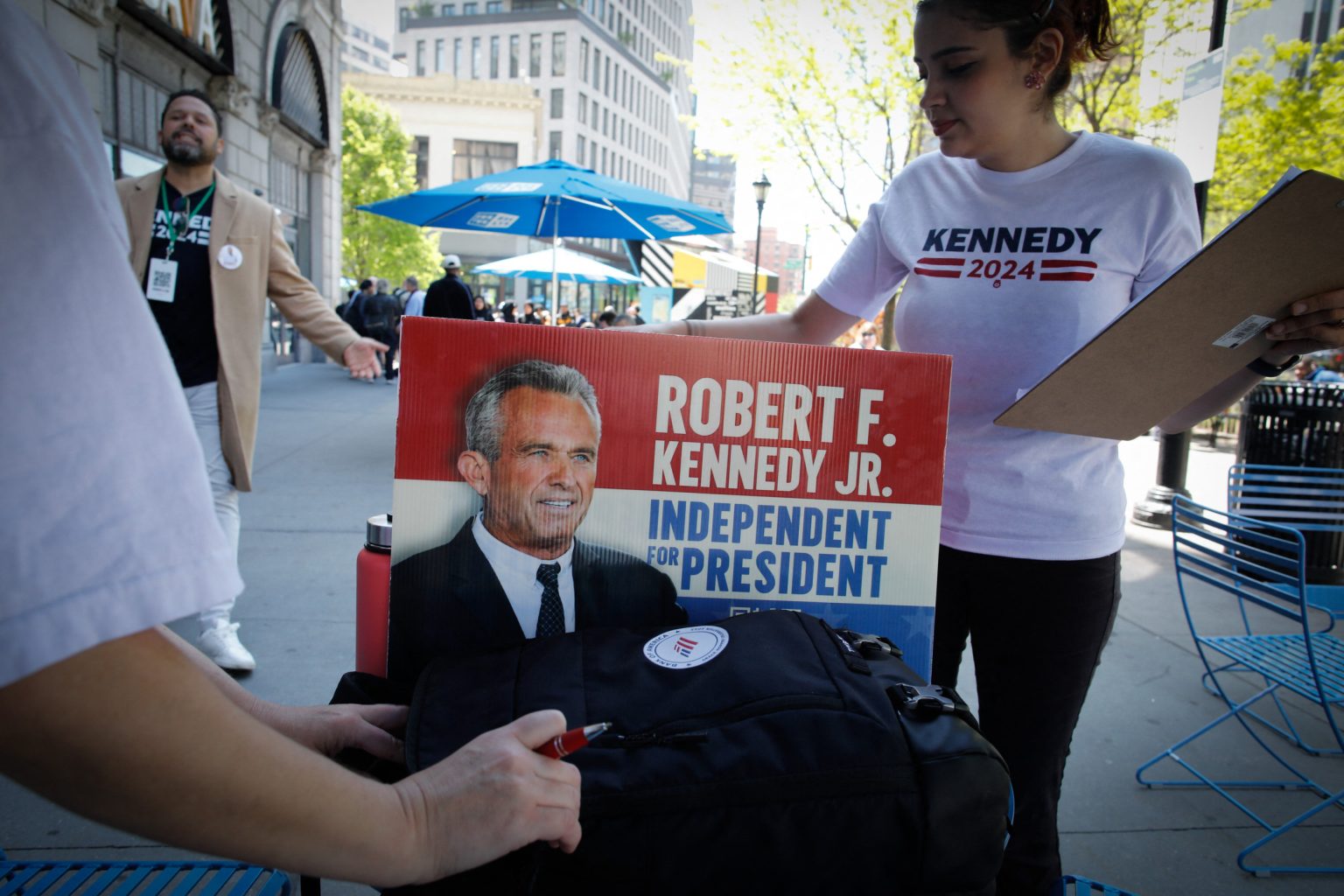Robert F. Kennedy Jr. and a political action committee supporting him for president are taking legal action against Meta after the social media giant allegedly censored a 30-minute documentary about Kennedy, an independent candidate. The lawsuit, filed Monday, accuses Meta of violating Kennedy’s First Amendment rights and engaging in election interference by first removing the movie and then “shadow-banning” it. The film, titled “Who is Bobby Kennedy?” was removed from Facebook and Instagram, and efforts to share or view it were reportedly met with messages about misleading behavior or technical issues. Kennedy’s attorney, Rick Jaffe, believes the case will set a precedent as social media plays an increasingly significant role in shaping public opinions and values.
The lawsuit includes examples of alleged censorship by using Meta’s responses to users attempting to access the documentary. Messages such as “It looked like you tried to get likes, follows, shares or video views in a misleading way” were cited as part of the censorship efforts. Although Meta acknowledged that the film was removed from its platforms, the company did not respond to specific questions about “shadow-banning.” Kennedy’s supporters maintain that the blocking of the documentary was deliberate and not accidental, citing a pattern of censorship and election interference that allegedly began after Joe Biden took office. The lawsuit also claims that Kennedy is not the only individual targeted by social media platforms colluding with government entities to suppress free speech.
The documentary, narrated by actor Woody Harrelson, highlights Kennedy’s background as an environmental attorney and his legal battles against major polluters before transitioning to the controversial topic of vaccine injuries. The film reportedly received millions of views within days of its release, with support from figures like Elon Musk, who endorsed it on his X platform. Vaccines are a recurring theme in the documentary, which criticizes the immunity afforded to pharmaceutical companies under the National Vaccine Injury Compensation Program. The film addresses the issue of vaccine safety and highlights Kennedy’s stance on the topic, despite efforts by social media platforms to limit its reach.
Instances of censorship mentioned in the lawsuit include still shots from the film being displayed on Facebook pages with messages indicating that the movie was blocked. In some cases, a “COVID overlay” was inserted into the still shots, directing users to seek information from sources like the Centers for Disease Control and Prevention (CDC). The lawsuit suggests that the CDC has been involved in online censorship campaigns related to COVID-19 and vaccines, echoing concerns about information control and access to differing viewpoints. Kennedy emphasizes the importance of equal access to the digital public square for supporters of all candidates, highlighting the need for a truly functioning democracy where diverse voices are heard.
The lawsuit against Meta underscores broader concerns about the role of social media in shaping public discourse and influencing political outcomes. Kennedy and his supporters argue that censorship of the documentary represents a targeted effort to suppress his message and limit his chances of reaching potential voters. By challenging Meta’s actions as a violation of First Amendment rights and election interference, Kennedy’s legal team hopes to establish a precedent that safeguards free speech in an increasingly digital public sphere. As debates over censorship, information control, and political influence continue to unfold, cases like this raise critical questions about the power and responsibilities of social media platforms in shaping democratic processes and public dialogue.


